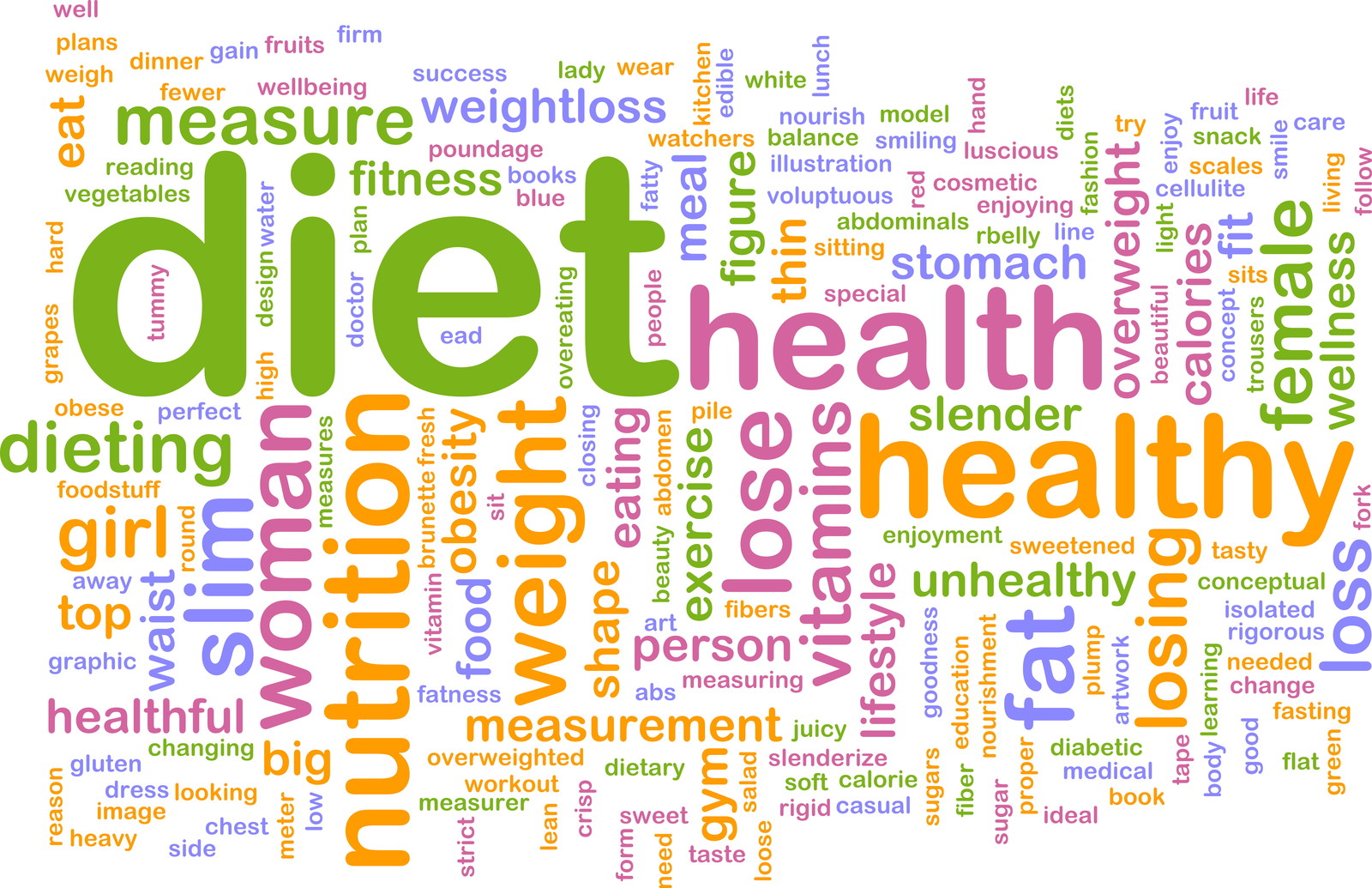[ad_1]
Many people do not know what the difference is between a vegetarian diet and a vegan diet. They assume both types of diet do not include meat, which is correct. However, the vegan diet is more restrictive in the types of foods that may be included in a diet. A vegan does not eat any type of food that contains animal or animal products. For many vegans, this means exclusion of products such as honey, whey, lanolin, and gelatin.
Many individuals who embark on a vegan diet have an underlying reason for pursuing this lifestyle. They may have strong ethical or moral convictions or they may have health issues that require that animal products be eliminated from their diet. One of the issues that arise for people beginning this diet is that they do not do the research. Planning is required to make this diet a realistic lifestyle choice.
Taking supplements will help to maintain the level of vitamins and nutrients that are crucial for the body to maintain health. A person will want to include iodine, Vitamin B12, Vitamin D, and calcium in supplemental form to have a fully nutritious diet. Knowing the different vitamins, minerals, and nutrients that are found in the many types of plants you will be eating is also important in planning healthy meals for your diet.
Many of the foods that are eliminated when changing to a vegan diet will help you to achieve some significant health results. Most people experience lower blood cholesterol, blood pressure, hypertension, and type 2 diabetes. This is due to the elimination of "bad" foods, as well as the loss of weight that will occur when a person stops eating refined and processed foods such as sugar.
Losing weight and inches as a result of the diet is accomplished without monitoring caloric intake. An individual who is eating healthy will naturally start to lose weight. When the diet is adhered to, many of the chronic conditions that accompany bad eating choices will be resolved without medication or further treatment. The yo-yo affect of dieting will also become a non-issue when a person makes the commitment to stay on this diet.
While most people think that protein is primarily derived from meat, poultry, and fish, this is not the case. You will find protein in many plant products that can be used as substitutes in recipes. Peanut butter, lentils, and legumes are a few of the most common sources of protein used in vegetable recipes.
When cooking vegan meals, there are many acceptable substitutions for animal products. Using applesauce instead of eggs will give you the fat and texture that would have found using eggs in a recipe. There are many types of dairy-free margarine that provide the same taste in foods as regular butter. In addition, textured tofu makes a wonderful substitute for meat in a recipe.
